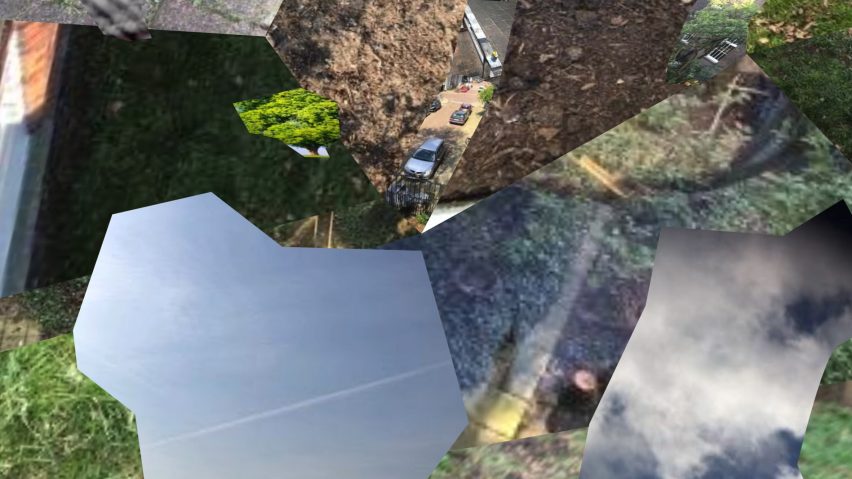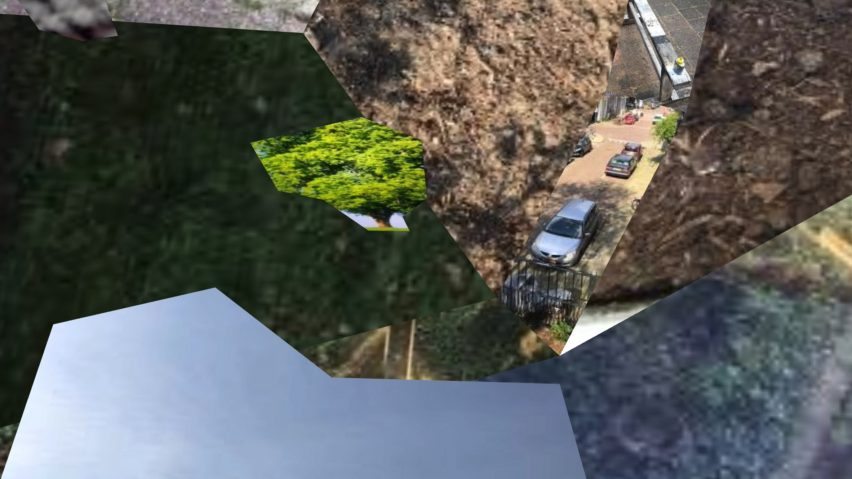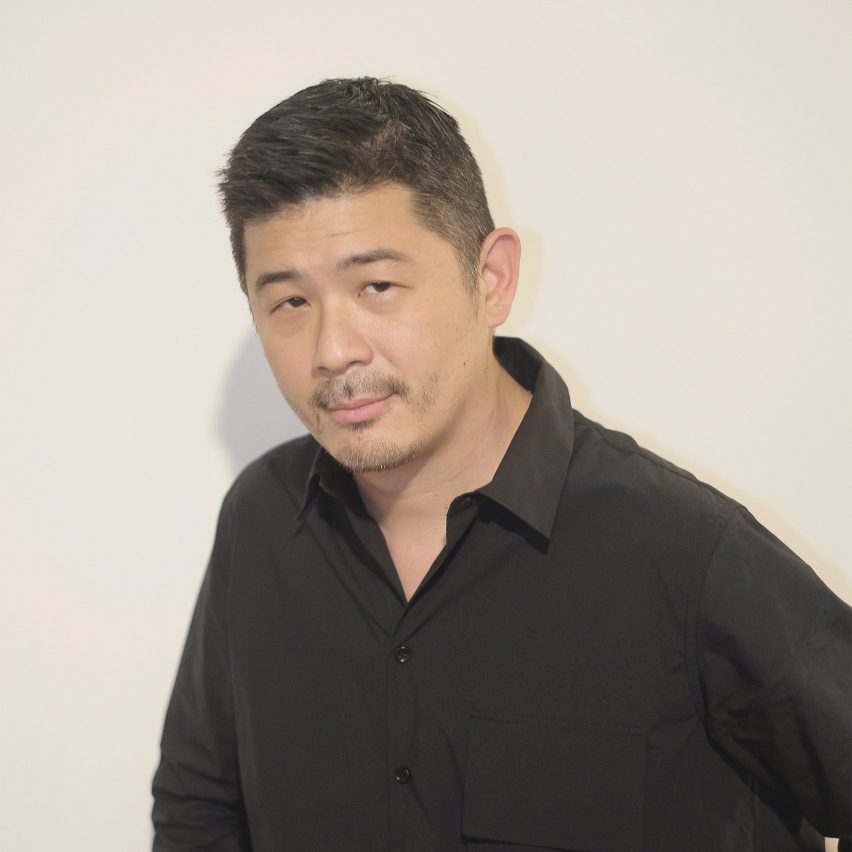
Aric Chen calls for "the death of manifestos"
Museum director Aric Chen claims that manifestos are "part of how we got into the mess that we're in" in his contribution to the Dezeen 15 digital festival.
They are a distraction, he claims, "resulting most frequently in empty platitudes at best and totalitarian visions at worst."
The Dezeen 15 festival features 15 contributors presenting their manifesto ideas that could change the world over the next 15 years. See the full line-up of upcoming and past contributors here.

Let us begin this manifesto by calling for the death of manifestos.
Manifestos are, frankly, part of how we got into the mess that we're in. We have for too long been beguiled by their fervor, their eloquence, their deceptive clarity. These edicts of belief and proclamations of purpose have seduced us into thinking that, by virtue of their certainty and righteousness, we could build a shining new world or, in contemporary parlance, "find a path forward towards [fill in the blank]".
But manifestos, however well-intentioned they may be, are by nature reductive and, as such, their expansive promises can only prove false. They are inherently one-dimensional and are often exclusionary and divisive, their conceit of a unifying logic resulting most frequently in empty platitudes at best and totalitarian visions at worst. They are a distraction: proof of the power of rhetoric – for good, bad, and often, both at the same time – but also its impotence.
A call to action is no longer action enough
So where does this leave us? As we confront the litany of urgencies and crises – ecological, social, systemic – that lie so readily at the tips of our tongues, we are humbled by our past failures and the knowledge that solutions do not exist to problems that are too complex to be "solved" (or to even define; one person's solution, after all, is usually another person's problem).
And so in the cultural realm, and in design, we have resorted to speculating, "posing questions," "raising awareness" and issuing calls to action – worthy and valuable exercises, to be sure, except for the fact that we are out of time, as societies, as a planet and as one species among many for simply speculating, posing questions and raising awareness alone. A call to action is no longer action enough.
Instead, the path forward, as they say, is tangled with an infinitude of paths – acting simultaneously, shaped by context and thus operating on different logics drawing from different knowledges – human, supra-human, and non-human alike – even if the untidy results seem contradictory, as they often are. Having done away with the fallacy of the blanket reasonings that gave us the manifesto, we can liberate ourselves from the dead-ends and devastations of totalizing worldviews and towards more productive negotiations of perpetually shifting realities, vantage points, and dynamics.
How this might play out depends on one's situation. To be more concrete, let's consider the role of cultural institutions, and specifically, the one I work for. At Het Nieuwe Instituut, where we have the luxury of a mandate for experimentation, we will be building on our foundation of research – and, yes, speculation, posing questions, and raising awareness – by acting upon ourselves as a testing ground for probing the thresholds between speculation and feasibility – a kind of enacted speculation.
We can liberate ourselves from the dead-ends and devastations of totalizing worldviews
Several years ago, one of our research teams, led by Klaas Kuitenbrouwer, began developing a concept called Zoöp, which is essentially a framework for bringing non-human interests and voices into an organization's decision-making process as a means of instilling more equitable and ecologically regenerative practices. In the first half of next year, we will become the world's first Zoöp.
Later in the year, we will host and co-organize the inaugural Solar Biennale, a new initiative led by designers Marjan van Aubel and Pauline van Dongen and curated by Matylda Krzykowski. This will not be a techno-utopian showcase of would-be silver bullets, but rather a multi-perspectival, critical examination of solar practices and possibilities – taking place during Rotterdam's famously sunless autumn and winter – that tests the implications of the energy transition we collectively need, with lessons, we hope, for how we ourselves can become a more sustainable organization.
Meanwhile, we've begun investigating how co-creation might offer new ways of more deeply and inclusively embedding a broader range of voices and perspectives in everything we do. And as designers increasingly question their role and complicity in the market mechanisms of extractive capitalism, we have begun exploring how we might rework the revenue-generating fallback of so many cultural institutions – ie the museum store – to become a testing ground for the alternative forms of consumption, exchange and value generation that many of these designers have been proposing.
We need to put words into action, without fear of failure
These are not solutions, but rather stress-tests for the scenarios and multiplicities of propositions that we as a design discipline have been proffering for years. Some will work, some won't, some will work in some contexts but not others, or not now, but perhaps in the future.
But as cultural institutions continue to ponder our social relevance, we need to put words into action, without fear of failure and without presuppositions, while obviously sharing and making visible what we learn – both because we should, and because we can.

Aric Chen is the general and artistic director of Het Nieuwe Instituut. He previously served as professor and founding director of the Curatorial Lab at the College of Design & Innovation at Tongji University in Shanghai and was also the first curatorial director of the Design Miami fairs.